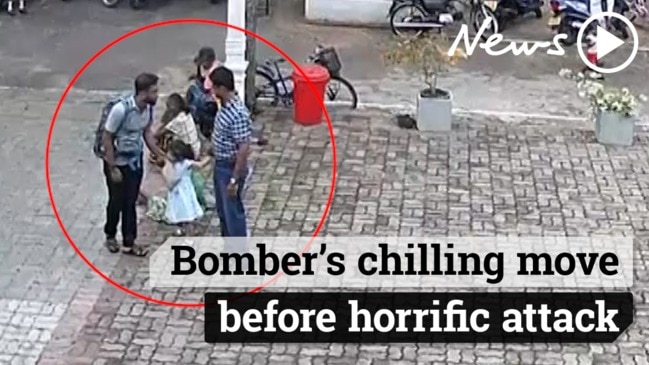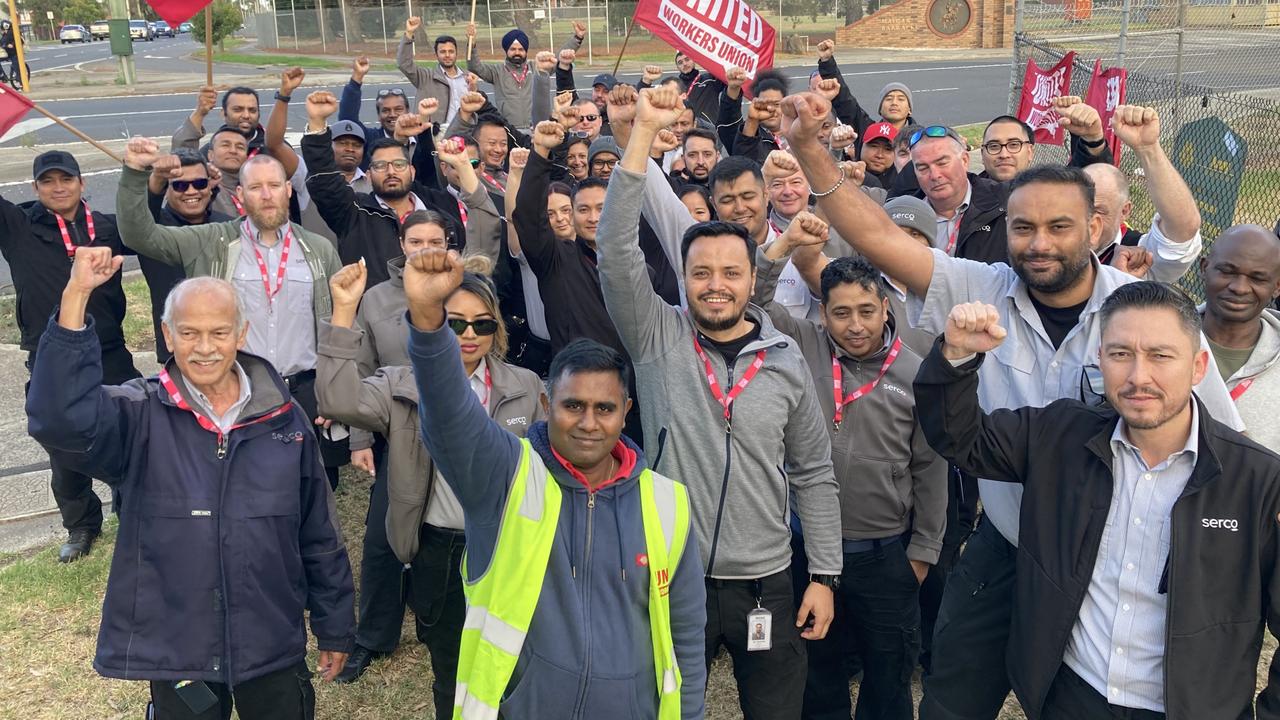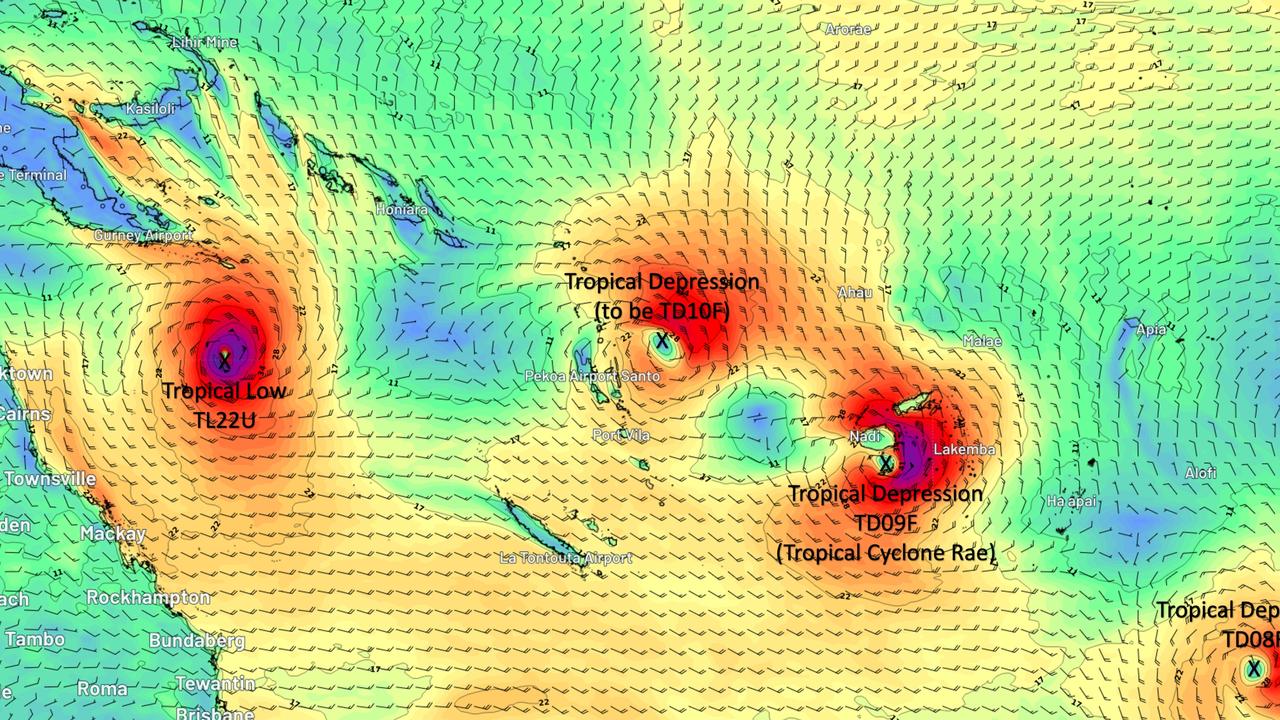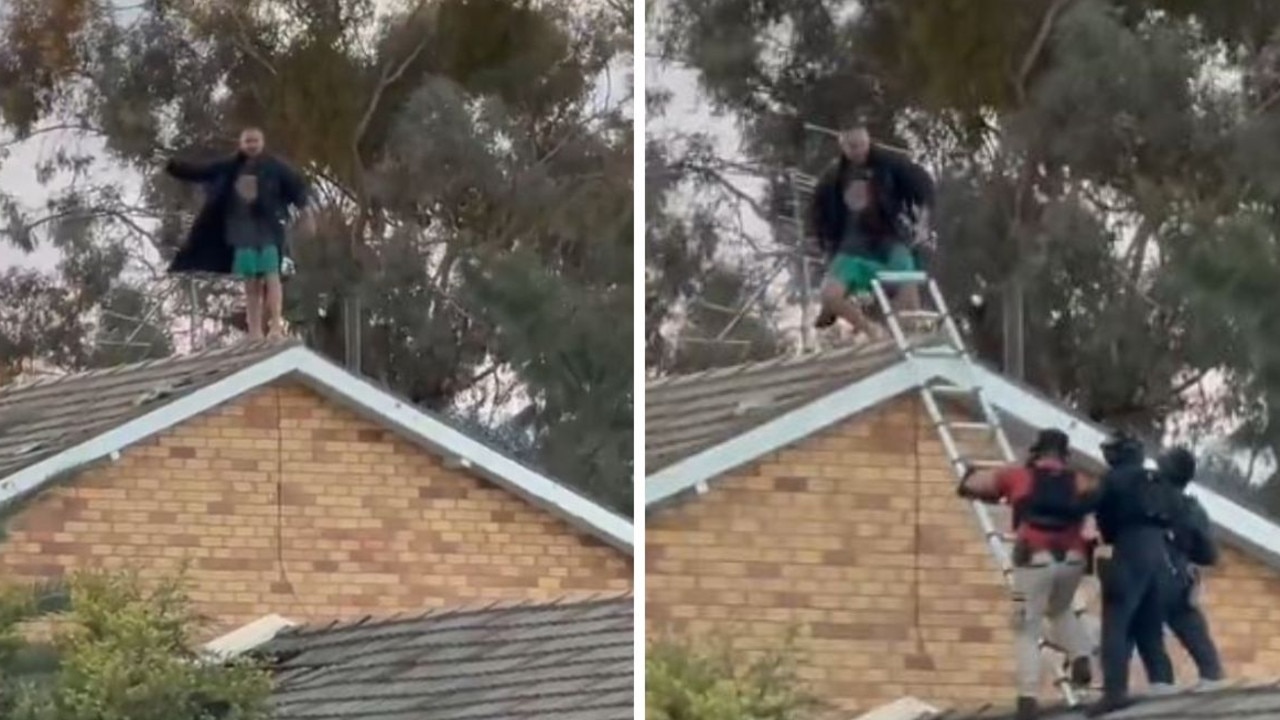Sri Lanka suicide bomber who studied in Australia named
The Australian-educated suicide bomber who helped carry out the Sri Lankan terror attacks that killed at least 359 has been named.
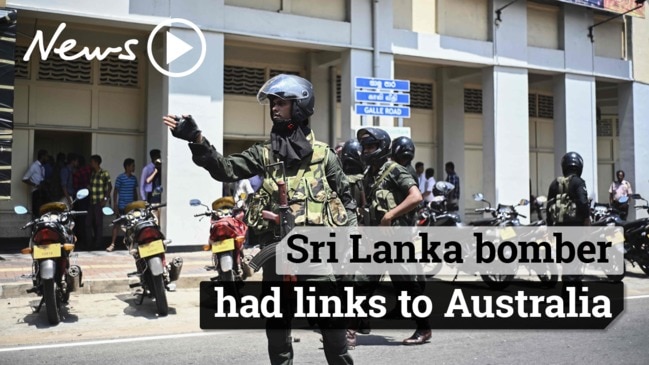
The Australian-educated suicide bomber who helped carry out the Sri Lankan terror attacks that killed at least 359 people and wounded 500 more has been identified.
Abdul Lathief Jameel Mohamed studied aerospace engineering at Kingston University in London before travelling to Australia to further his education, it has emerged.
Mohamed’s identity surfaced after Sri Lankan Defence Minister Ruwan Wijewardene, told a media briefing one of the bombers had studied in the UK and done postgraduate studies in Australia before returning to settle in Sri Lanka.
Citing British counter-terrorism sources, the BBC reported Mohamed spent a year at the university in southwest London from 2006 to 2007 before travelling to Melbourne for a postgraduate course.
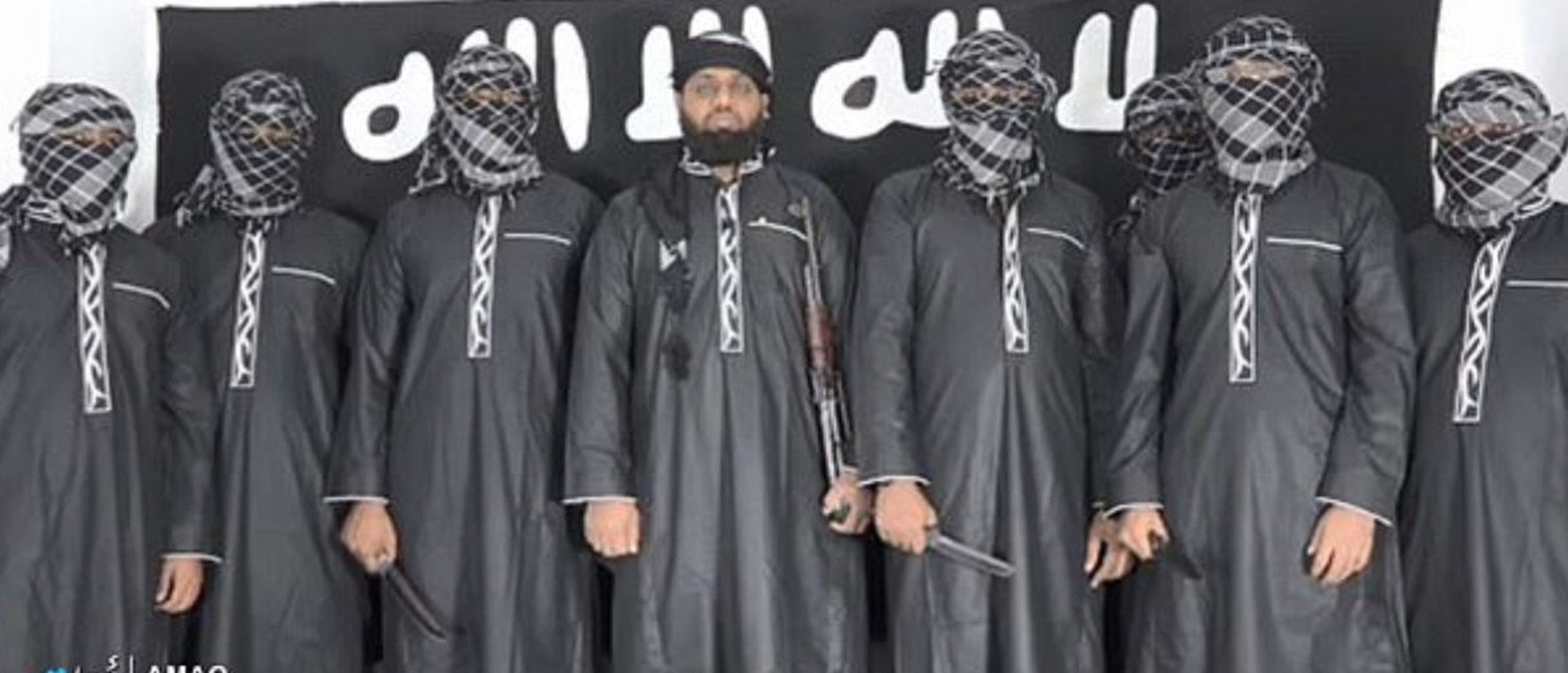
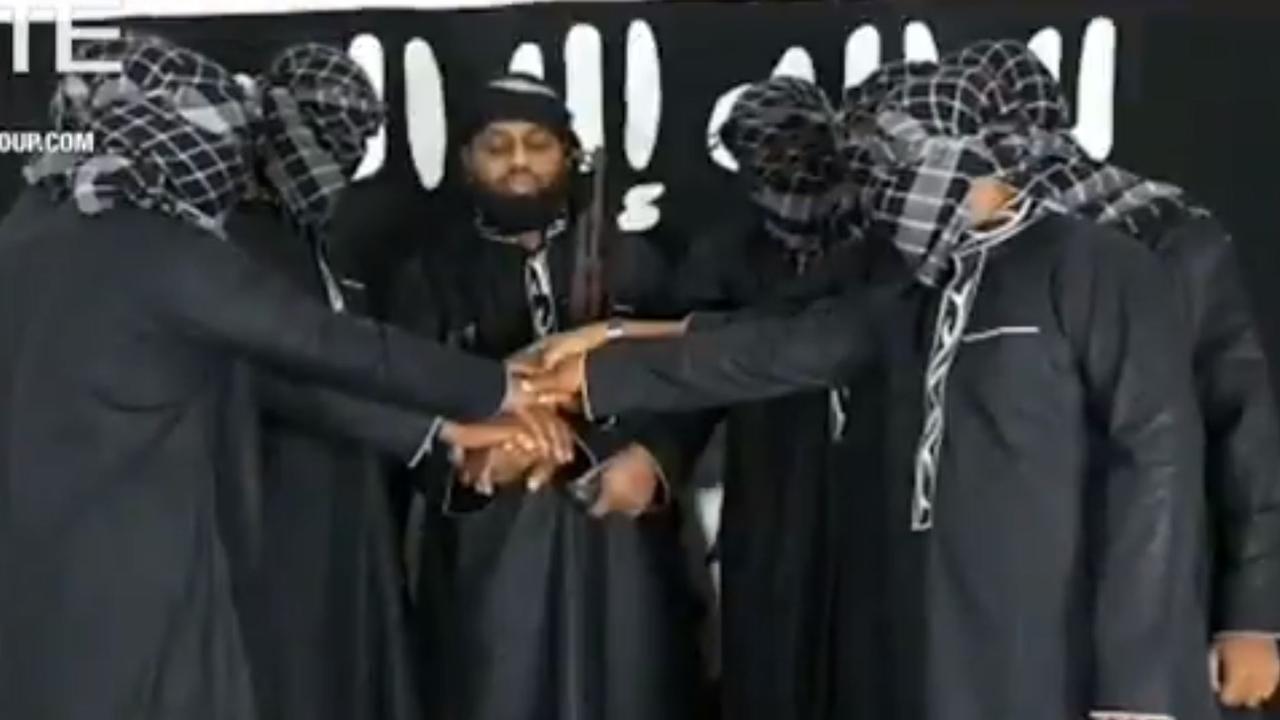
Australian counter-terrorism authorities believe there is no known threat connected to Australia as the man has not been found to be connected to any network of extremists in Australia, AP reports.
Officers from the Australian Federal Police have flown to Sri Lanka to assist investigators.
Prime Minister Scott Morrison confirmed one of the attackers had spent time in Australia but did not name him.
“I can confirm the suicide bomber had been in Australia,” he told reporters in Townsville earlier today.
“They departed in early 2013. That individual had been here on a student and graduate skilled visa. They had no visa (since),” he said.
Mr Morrison said the man, whom he did not name, held a spouse and child visa at a time and did not return after leaving in 2013.
“It’s a matter of an ongoing investigation so I wouldn’t say anything other than what (I have),” he said.
Mr Wijewardene said authorities believed the attacks were carried out by nine suicide bombers — including one woman — most of them university educated and from well-heeled families, a factor he described as “worrying”.
“This group of suicide bombers, most of them are well-educated and come from middle or upper-middle class, so they are financially quite independent and their families are quite stable financially,” he told a press briefing on Wednesday.
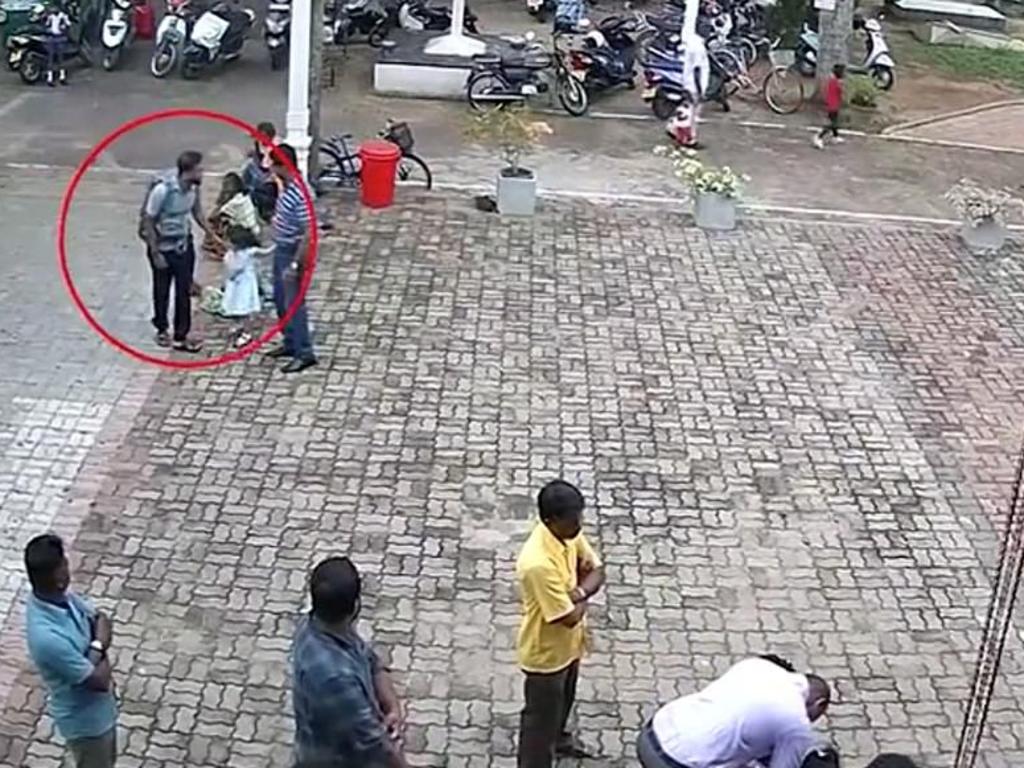
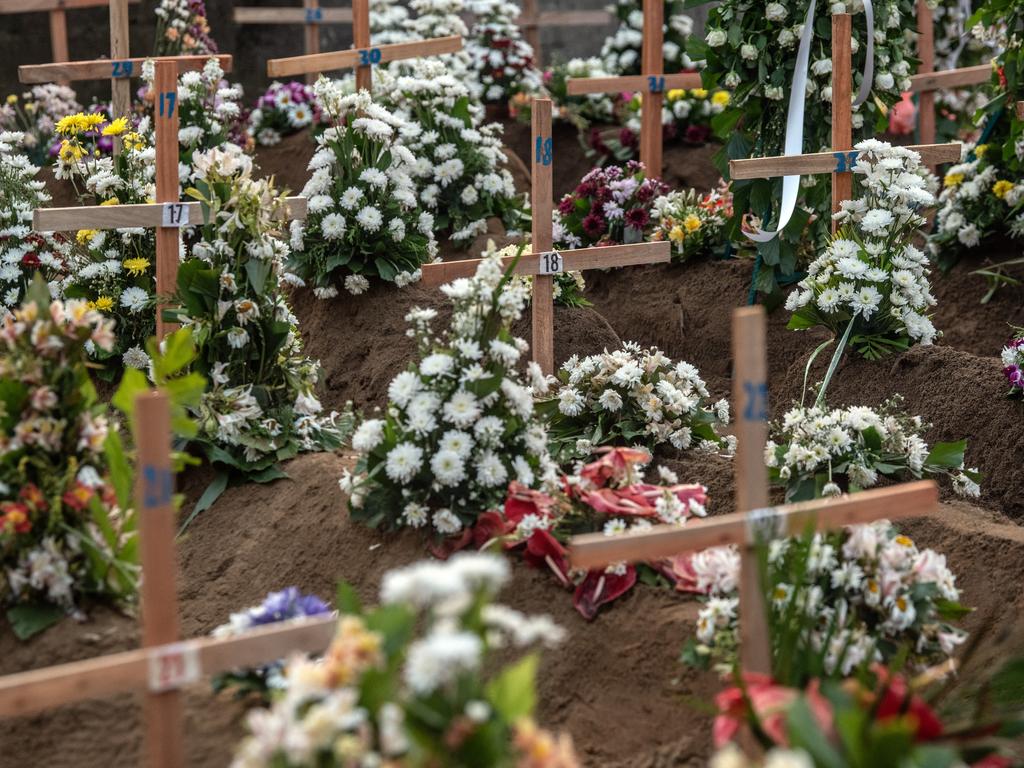
“That is a worrying factor in this. Some of them have I think studied in various other countries, they hold degrees, LLMs (law degrees), they’re quite well educated people.”
Two of the bombers were brothers, sons of a wealthy spice trader and pillar of the business community, a source close to the family told Reuters.
Inshaf Ibrahim, a 33-year-old copper factory owner, detonated his explosive device at the busy breakfast buffet of the luxury Shangri-La hotel, the source said.
When police went later that day to raid the family home, his younger brother Ilham Ibrahim detonated a bomb that killed him, his wife and the couple’s three children, the source told Reuters.
However, there appeared to be confusion over Ilham Ibrahim’s role, with other media reports naming him as the bomber of the Cinnamon Grand Hotel and identifying his pregnant wife as the female bomber who detonated the explosives when police arrived at the family home.
Sri Lankan authorities have not released the identities of any of the bombers, and police did not respond to a request for comment.
On Tuesday, Islamic State claimed credit for the attacks.
Earlier, Mr Wijewardene told parliament two Sri Lankan Islamist groups, National Thowheeth Jama’ath and Jammiyathul Millathu Ibrahim, were responsible.

He has said preliminary investigations indicated the attacks were carried out as revenge for last month’s Christchurch mosque shootings in New Zealand.
“What happened in New Zealand motivated what happened on Easter Sunday,” he said.
However, many are sceptical of a Christchurch connection, pointing out the co-ordinated bombings would likely have required months of planning.
Mr Wijewardene said the country remained on high alert while there was the possibility “there could still be a few people out there”.
“We are asking the people to be vigilant,” he said. “I’m not saying the country is 100 per cent at the moment. Within the next few days, we will have the situation totally under control.”
Sri Lanka declared a state of emergency from midnight on Monday, giving police and military expanded power to detain suspects.
A curfew, that requires Sri Lankans to be in their homes by 10pm, was imposed again last night.
